Tips to Manage Chronic Kidney Disease

Slow Your Sodium Intake
When your kidneys aren’t working well, sodium builds up in your body, leading to extra fluid buildup. Doctors recommend a low-sodium diet for people with CKD. Sodium is in many foods, even some that don’t taste salty. Always check labels and stick to as many whole, unprocessed foods as you can to keep your intake low.
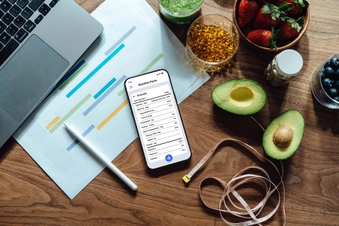
Keep Protein at a Minimum
Your body needs protein to work well. But If you’re taking in more protein than your body needs, it makes your kidneys work harder and can worsen your CKD. Talk to your doctor or a registered dietitian to figure out your protein goal.
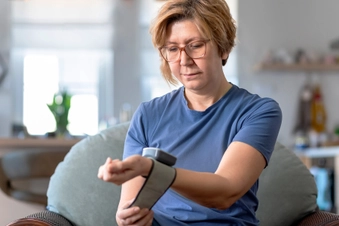
Control Your Blood Pressure
High blood pressure damages the blood vessels in your kidneys. Damaged blood vessels can’t filter waste and extra fluid from your body. Extra fluid in your body raises your blood pressure more. If your blood pressure is high, talk to your doctor about lifestyle changes or medications that can help you get on track.
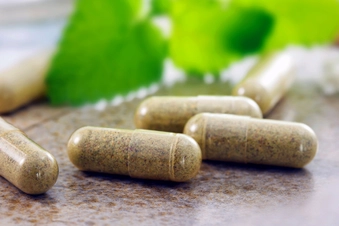
Skip Herbal Supplements
Many of these supplements can harm your kidneys or make your CKD worse. Some vitamins have a similar effect. Always talk to your doctor before taking any kind of supplement or vitamin.
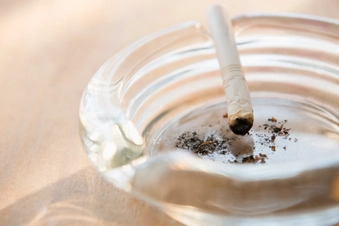
Stop Smoking
Smoking damages blood vessels in the kidneys, messes with medications that lower blood pressure, and speeds up the kidney disease process. If you have CKD and you smoke, you’re at a high risk of kidney failure, along with other serious health issues such as stroke, heart attack, and cancer.
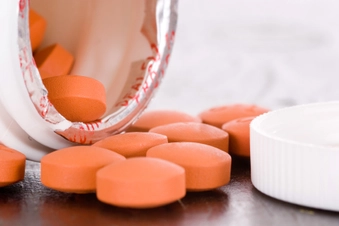
Avoid These Meds
Nonsteroidal anti-inflammatory drugs (NSAIDs) can harm your kidneys, especially at high doses. These drugs include common pain relievers such as ibuprofen, naproxen, celecoxib (Celebrex), meloxicam (Mobic), and aspirin. Be sure your doctor knows about any medication you plan to take.

Improve Your Sleep
When you sleep well, it not only helps steady your blood pressure and blood sugar levels, it also helps with your mental health. Doctors recommend getting seven to eight hours of sleep every night.

Move More
You don’t have to overhaul your lifestyle to improve your physical fitness. Simply moving at least 30 minutes a day most days of the week will help your heart – and the rest of your body – stay healthy. Choose something you enjoy and make it a daily habit.
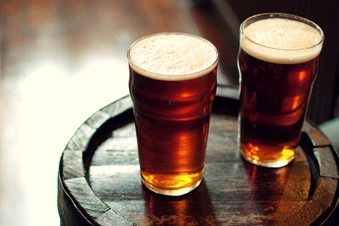
Limit Alcohol
Overusing alcohol makes it harder for your body to keep fluids in balance when you have CKD. If drinking alcohol is a habit, it can make your disease worse. Normal guidelines recommend one to two drinks a day, but if you have CKD, you should aim for much less than that – or zero.

Be Proactive About Stress
When you feel stressed over long periods of time, your blood pressure and your blood sugar levels rise, and your mood suffers. Many of the healthy lifestyle tips that help kidney health also improve stress levels. Add intentional relaxation to your days with meditation, tai chi, yoga, deep breathing exercises, or mindfulness.
Show Sources
IMAGES PROVIDED BY:
- E+/Getty Images
- Moment/Getty Images
- E+/Getty Images
- iStock/Getty Images
- Tetra Images/Getty Images
- iStock/Getty Images
- DigitalVision/Getty Images
- E+/Getty Images
- Moment/Getty Images
- Moment/Getty Images
SOURCES:
NYU Langone: “Lifestyle Changes for Kidney Disease.”
National Kidney Foundation: “Chronic Kidney Disease (CKD).”
CDC: “Living with Chronic Kidney Disease,” “Diabetes and Kidney Disease: What to Eat?”
American Kidney Fund: “Managing kidney disease through lifestyle behaviors.”
National Institute of Diabetes and Digestive and Kidney Diseases: “Managing Chronic Kidney Diseases.”